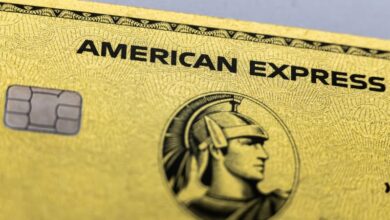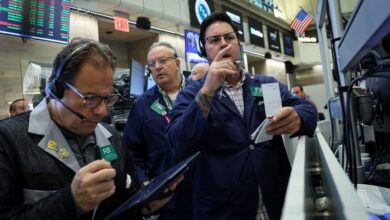How a Gilded Age Company Could Be the Future of American Manufacturing
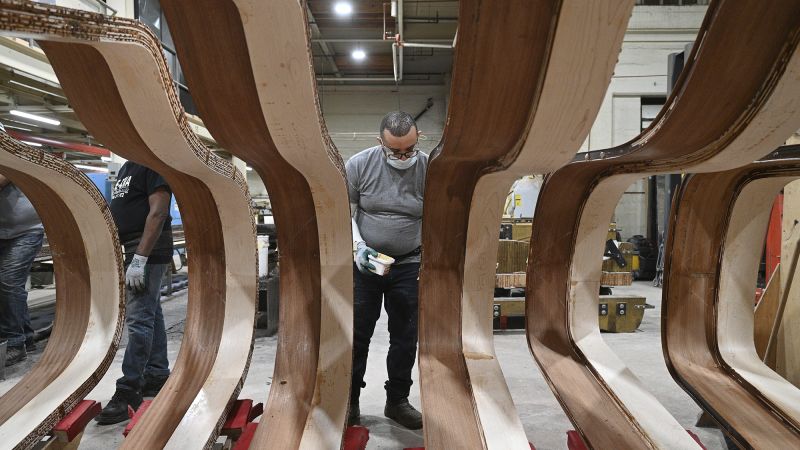
Oversized crowbars bend wood to form the edge of a piano. Circular sanders smooth the rough edges of expensive Sitka spruce soundboards. Hammers and chisels notch a bridge to allow the piano strings to vibrate freely.
For 30 years, Bernard Craddock has been one of about 200 workers making pianos by hand at the 150-year-old Steinway & Sons factory in Astoria, a neighborhood in the New York borough of Queens.
“Everyone has a specific job here,” Craddock said, working on a piano frame. “My job is to set things straight so the hammers hit the strings.”
President Donald Trump has pledged to begin a renaissance of America’s manufacturing sector, one of the main goals of his trade war. But manufacturing isn’t easy anywhere in the United States because of high costs, strict regulations and a lack of workers with the necessary skills.
Steinway & Sons, however, is a rare bright spot in American manufacturing. A company that thrives because it doesn’t mass produce its products. Instead, it uses a small workforce of skilled artisans to produce a premium item: world-class pianos.
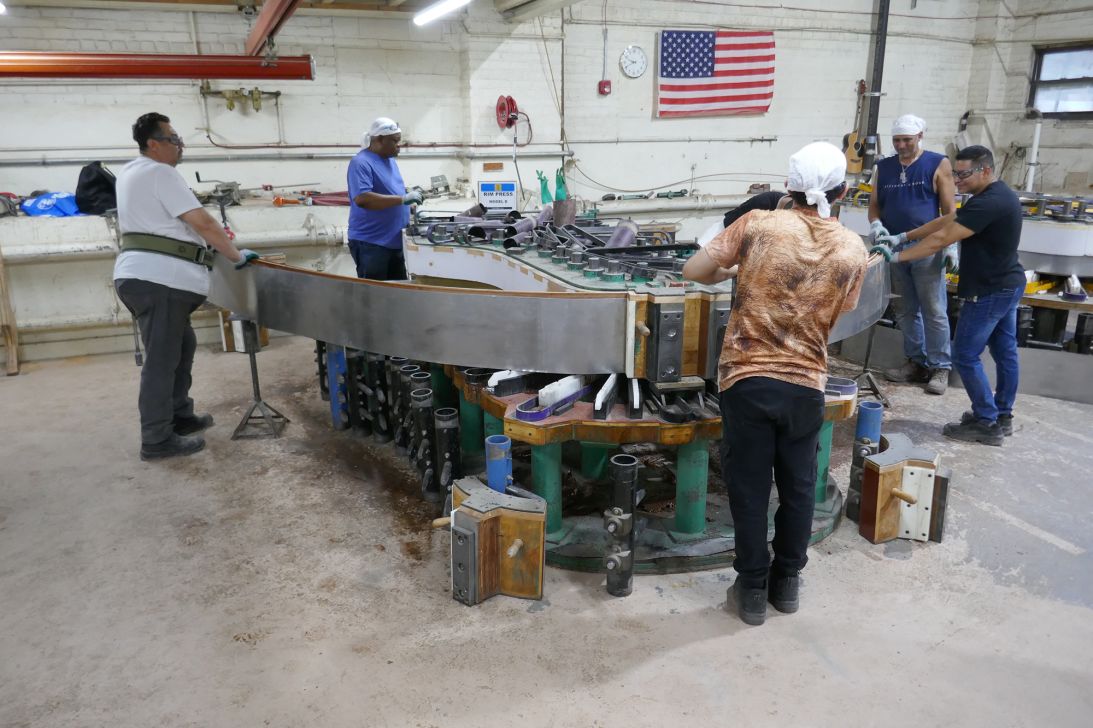
“They have this historic, historical mark,” said Adam Hersh, a senior economist at the Economic Policy Institute. “They may charge a premium for that, but they also serve higher market segments who can afford to pay those high prices and who need them because they play pianos at the highest levels.”
Most U.S. manufacturers are forced to compete on price, which has become more difficult as Trump’s tariffs, including on key inputs like steel, aluminum and copper, have driven up prices.
But by making pianos that many consider the best in the world, Steinway can charge prices high enough to maintain its U.S.-based operations. A Steinway grand piano can cost between $90,000 and $200,000.
“I think we’re the largest manufacturer left in New York, we’re very proud of that. It’s not easy to continue manufacturing in New York,” Ben Steiner, CEO of Steinway & Sons, told CNN.
Steiner said his business thrives because it focuses on quality products.
“There is no other way, given the cost structure that we have to operate in New York, or even in the United States or Europe,” he added. “If you don’t focus on quality and innovation, you won’t survive.”
Despite the stated goal of reshoring manufacturing jobs, Trump’s tariffs on most U.S. imports could be having the opposite effect.
The United States has lost another 12,000 jobs in the manufacturing sector in Augustthe latest data available, for the fourth consecutive month. About 42,000 jobs have been lost since April.
Hersh said Trump’s chaotic trade agenda was acting as a barrier to hiring at factories.
“Businesses don’t like (the rates), but they can accommodate at a reasonable rate,” Hersh said. “(Trump has) created uncertainty for the economy that causes businesses to sit idly by, unable to make investment decisions or hire new workers.”
The White House told CNN that the goal of Trump’s policy is to ensure that domestic manufacturers can source everything they need from the United States, from inputs to workers.
“America can’t just assemble parts made overseas. The Trump administration is taking a nuanced, multifaceted approach to reshoring every step of manufacturing that is critical to our national and economic security,” White House spokesman Kush Desai said. “There is no shortage of American hands and minds building America’s next industrial golden age. »
But American manufacturing is very different from what it was fifty years ago, when millions of workers were employed to perform specific tasks on assembly lines. After the rise of trade deals in the 1990s, many of these jobs moved overseas.
And in today’s era of automation and artificial intelligence, factories are increasingly filled with robots. That means U.S. factories need fewer workers with specialized skills.
Like at Steinway, where making pianos suitable for the world’s best concert halls is not a quick process. Building a piano takes Steinway’s skilled craftsmen 11 months from start to finish. On average, workers only finish four or five pianos per day.
And because the piano’s many components are domestically sourced, Steiner said the tariffs have not significantly affected them.
“Some materials have minor impacts, but because we manufacture in the United States, it’s not a major issue for us,” he said.
Maintain a consistent workforce
While premium pricing and domestic sourcing can solve many of Steinway’s problems, it can’t solve them all.
One of the biggest challenges facing the piano maker is the potential shortage of Sitka spruce wood, which Steiner says makes the best instruments.
“For Sitka spruce, we find that the best in the world comes from a particular region of Alaska where the growing season is very short,” he said. “As a result, the trees grow very slowly. »
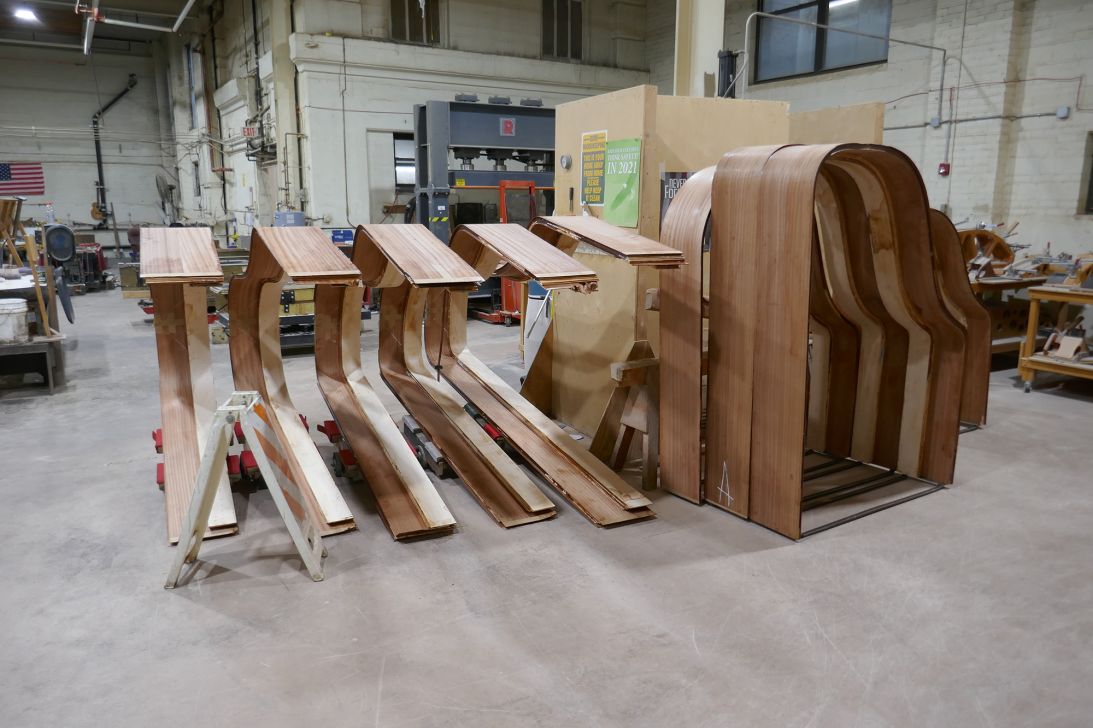
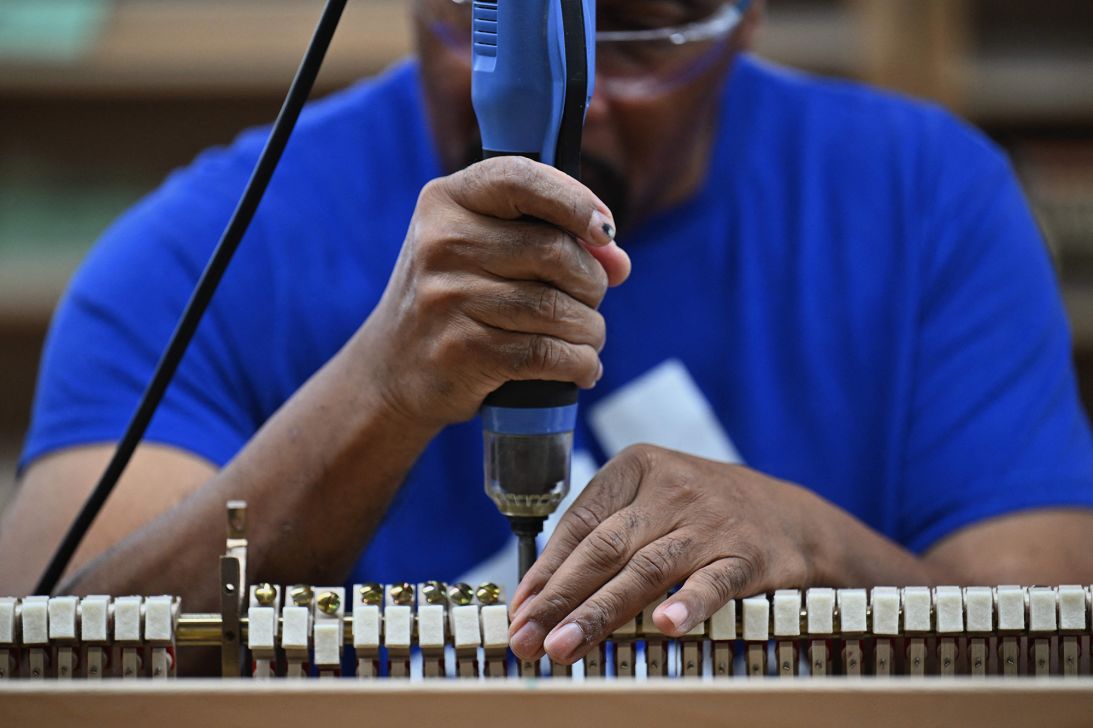
And Steinway needs to make sure there’s another element in sufficient supply: skilled workers.
The Astoria factory has operated almost continuously since 1873, with only temporary pauses in piano production during the Great Depression and World War II. During this period, the company produced glider parts for the war effort.
“This not only kept the lights on, so to speak, but also kept some of the valuable artisans around,” said Anthony Gilroy, Steinway vice president of marketing and communications. “The Steinways were smart enough to know that after the war, a lot of people would come back wanting to work but without the skills to build pianos, and you needed those old-timers, if you will, here in the factory to train the next generation of piano makers.”
That’s part of the reason why Steinway & Sons never considered moving outside of New York. It is this very specific work – carried out by “old hands” like Craddock, a craftsman with 30 years of experience in the frame assembly department – which explains why Steinway continues to establish itself in Astoria.
“The skills that they have, you can’t replicate them. You can’t just open a factory somewhere else and have those skills,” Steiner said. “As long as our craftsmen are here, I don’t see any reason why they wouldn’t be, so we’ll always make our pianos here.” »
ـــــــــــــــــــــــــــــــــــــــــــــــــــــــــــــــــــــــــــــــــــــــــــــــــــــــــــــــــ
Soon, there will be articles covering various topics, such as:
Insurance, Loans, Mortgage, Attorney, Credit, Lawyer, Donate, Degree, Hosting, Claim, Conference Call, Trading, Software, Recovery, Transfer, Gas/Electicity, Classes, Rehab, Treatment, Cord Blood, Best mesothelioma lawyer, Truck accident lawyer, Buy life insurance online, Business VoIP provider, EMR software for clinics, Structured settlement companies, motorcycle injury lawyer, motorcycle injury attorney, spinal cord injury attorney, birth injury attorney, auto accident injury attorney, spinal cord injury lawyer, car injury attorney, motorcycle accident injury attorney, catastrophic injury lawyer, birth injury lawyer, workplace injury attorney, motorcycle injury attorneys, head injury lawyer, personal injury attorneys, traumatic brain injury attorney, train accident lawyer, brain injury attorney, auto injury attorney, serious injury attorney, personal injury lawyer, truck injury lawyer, injury attorneys, back injury lawyer, injury lawyer near me, injury lawyer,
If you would like to see these articles, please write so in the comments.



